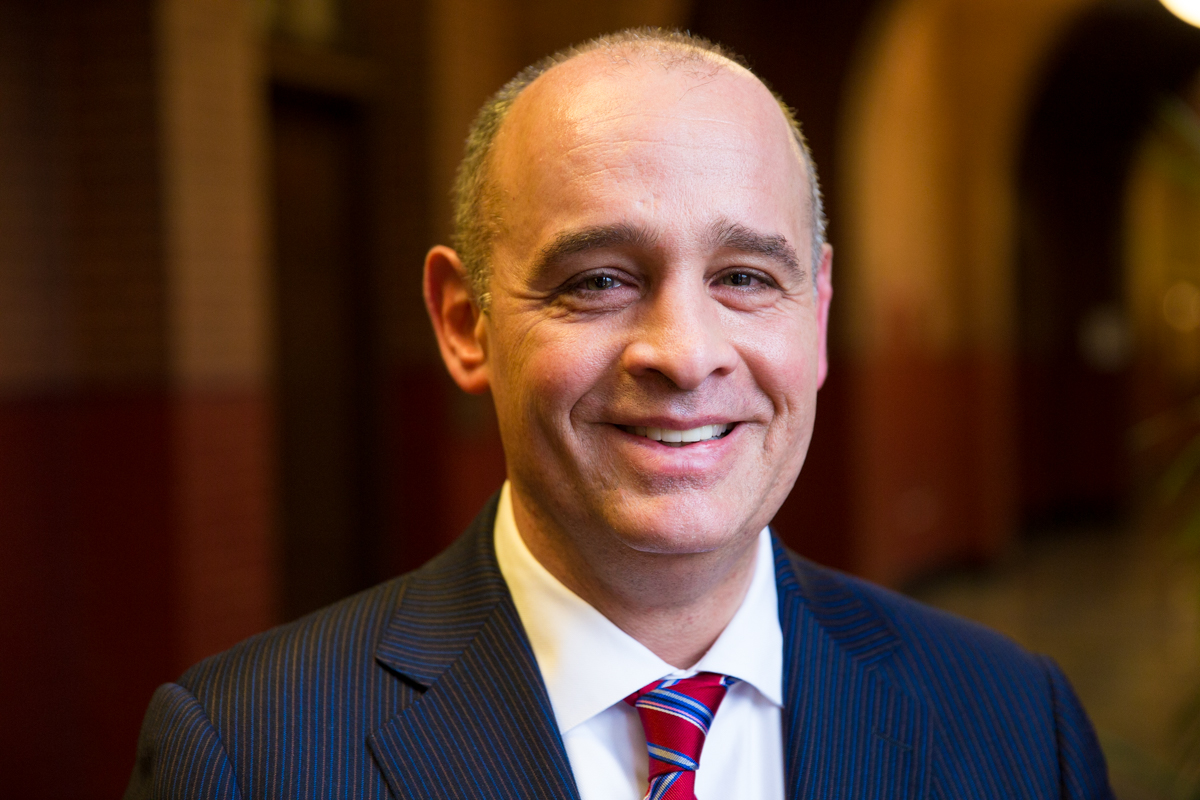Christopher Celenza will become the new dean of Georgetown College on July 1. Celenza will replace Dean Chet Gillis. Gillis, who has held the role since 2009, will take a sabbatical and then rejoin the theology department.
Celenza is the vice provost for faculty affairs at Johns Hopkins University. He is also the Charles Homer Haskins Professor and holds appointments in the departments of both the classics and the German and Romance languages.
He said he was drawn to Georgetown because of its guiding principle of “men and women for others.” He believes societies can flourish when people work together, and he said that Georgetown embodies this ideal.
“Those very people who are at the forefront of creating and disseminating new knowledge are very committed to being in the classroom with students as well,” Celenza said. “It’s tremendously meaningful and it’s so rare and it’s so important.”
According to a March 2 email from President John DeGioia announcing Celenza’s appointment, Gillis will join the theology department after a sabbatical.
Celenza said that a dean’s role is to serve. He hopes to spend considerable time gathering opinions from many groups and acting as their partner, not making decisions with a top-down approach.
In addition to being a professor and vice provost of faculty affairs at John Hopkins University, Celenza served from 2010 to 2014 as the director of the American Academy in Rome, an arts and research institution drawing around 80 scholars and artists together at a given time in an engaged community. He said an environment like this fosters a special kind of exchanges.
“Through all those interactions I realized that one of the things I really enjoyed doing was helping people flourish in the institutional context and helping people get together with each other so that the whole can be greater than the sum of the parts.”
He hopes to bring that mindset to his role as the dean. He believes that deans can best service the community by navigating resources available to help students reach their potential.
“I think that sense of self-knowledge that a college education imparts is precisely that kind of thing that can allow one to re-situate oneself,” Celenza said. “I also think that that mission always has to be something that’s front burner, I think that we have to be willing and courageous enough to think that we can’t only do something because we’ve always been doing it.”
Editor’s note: The article previously stated that Gillis would retire. He is not retiring but will be taking a sabbatical and then joining the department of theology. The article has been corrected.






